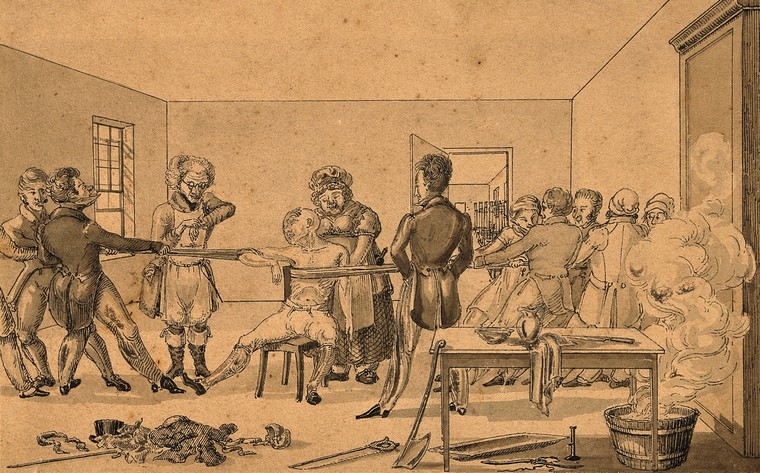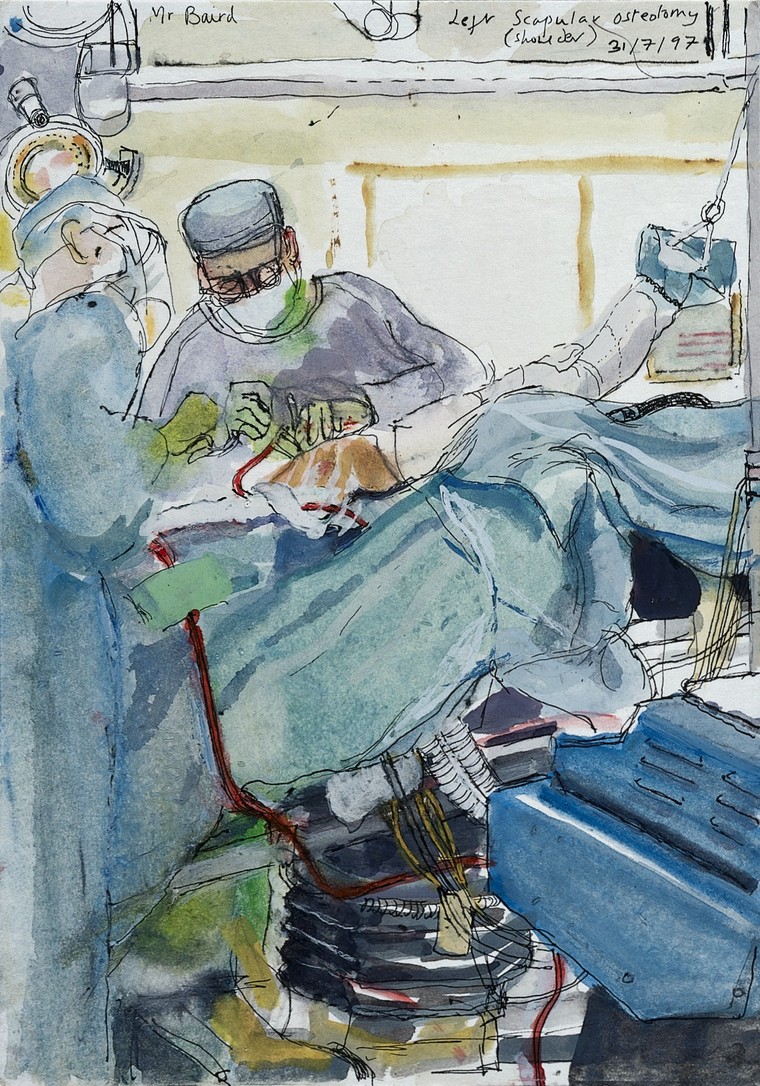
The COVID-19 pandemic has exposed deep cracks in our healthcare system, not least the crisis in staff wellbeing.
The NHS, already under chronic strain, has been put under additional pressure as its staff responds to an unprecedented global public health emergency. Healthcare practitioners are managing increased demand from anxious patients, whether dangerously sick or the worried well, and they are working long hours in unpredictable and under-resourced situations. Like us all, they are also managing fears about their own health and the health of those they love. A British Medical Association survey found that nearly half of UK doctors are suffering from burnout, depression or anxiety amidst continuing shortage of protective supplies and a survey of practitioners attending to patients in 34 hospitals in China reveals that 50% reported symptoms of depression, 45% anxiety, 34% insomnia, and 71.5% psychological distress.
These emotional issues – depression, anxiety, fatigue, and distress – while no doubt intensified by the current pandemic, are by no means new. For the last four years, we have been exploring the history of emotions in healthcare and surgery in particular. What is clear is that healthcare has always been a deeply emotional experience, and there is a good degree of continuity between the emotions experienced by healthcare practitioners in the nineteenth century and those of today. What has varied over time is, firstly, the intensity and frequency of the emotions experienced, dependent to a great degree on the capabilities and limitations of medicine, as well as the structures and demands of healthcare provision, and, secondly, the extent to which those emotions can be expressed within cultural and professional norms.
People often assume that emotions are progressive, that we have become more expressive with our feelings over time, and that the nineteenth century was characterized by the ‘stiff upper lip’ of emotional repression. Our historical work has shown is that for much of the nineteenth century, the very opposite was the case.

In the case of surgery, for example, the period before the introduction of anesthesia in the 1840s was actually an intensely emotionally expressive era. This had much to do with the limited curative power of surgery (and medicine as a whole) at the time. Surgeons and patients alike were aware that surgery was a last resort and both approached an operation, painful and risky as it was, as something of a shared tragedy. Being more accustomed to failure, they were perhaps more inclined to express pity, sadness and regret.
What is more, the culture of the early nineteenth century, which is often called the ‘Romantic era’ sustained and encouraged such forms of emotional reflection. For example, Scottish surgeon Charles Bell (1774-1842) wrote to his wife that he got ‘wearied – exhausted by the sufferings of others’. Such exhaustion derived precisely from his deep emotional engagement with his patients, and it was central to his personal and professional identity. As he once told his brother, ‘I have had a most miserable time since I wrote to you, from the failure of an operation, and the death of a most worthy man. I shall regret it as long as I live. It is very hard, more trying than anything that any other profession can bring a man to’.
As the century wore on, however, the emotional cultures of medicine and surgery changed. Though doctors and surgeons continued to experience intense emotions, the improved efficacy of medicine and the introduction of surgical techniques such as anesthesia and antisepsis, reduced the scale of suffering and death. Moreover, as the sentimental cultures of the Romanic era gave way to more stoic forms of professional identity, emotional expression became less and less acceptable and the emotional trials of healthcare were something which medical practitioners were no longer encouraged to discuss. As the twentieth century dawned, the self-image of the medical profession had come to be more focused on its social mission and national contribution than on the interpersonal and emotional qualities of health and well-being.
For much of the twentieth century, doctors (and particularly surgeons) were portrayed as emotionally detached, aloof and dispassionate. Only relatively recently has the image and identity of the medical profession began to change. The last ten years or so has witnessed a slow increase in research that demonstrates the harmful effects of a professional culture that makes little space for feelings.
There is now a consensus that medicine is in the midst of a crisis of emotional ill-health and depleted wellbeing. Recent studies have revealed a high level of burnout among doctors and medical students in the United Kingdom and new and persistent pressures have led to a supposed epidemic in serious psychological and emotional conditions.

However, these studies have had only limited impact on the public conversation about the NHS. Until now. Not only has the pandemic prompted increased public attention and support for hospital workers, but the particular nature of COVID-19 has rekindled that sense of comparative helplessness that shaped the emotional landscape of pre-modern medicine and surgery.
Healthcare professionals have, thankfully, become accustomed to success. Modern medicine is good at its job. And yet, even our hospitals have their limits – limits painfully exposed by COVID-19 when 30% of patients admitted to hospital will sadly die. Those caring for COVID-19 patients have to now reckon with an altered world – one where their efforts might prove futile. They must – like their nineteenth-century ancestors – accommodate increased uncertainty, fear, and failure.
It is distressing to us that it has taken a tragedy of this scale to direct public attention towards the emotional demands of healthcare practice. But, this moment also offers us an opportunity to re-think the place of emotions in healthcare. While we might want to leave much of nineteenth-century medicine firmly in the past, there are elements of its emotional culture that could help us take the feelings of healthcare professionals and their relationships with their patients seriously. COVID-19 is reshaping so many aspects of our present. It is our hope that, in terms of the emotional wellbeing of our carers, the future can be a better place.